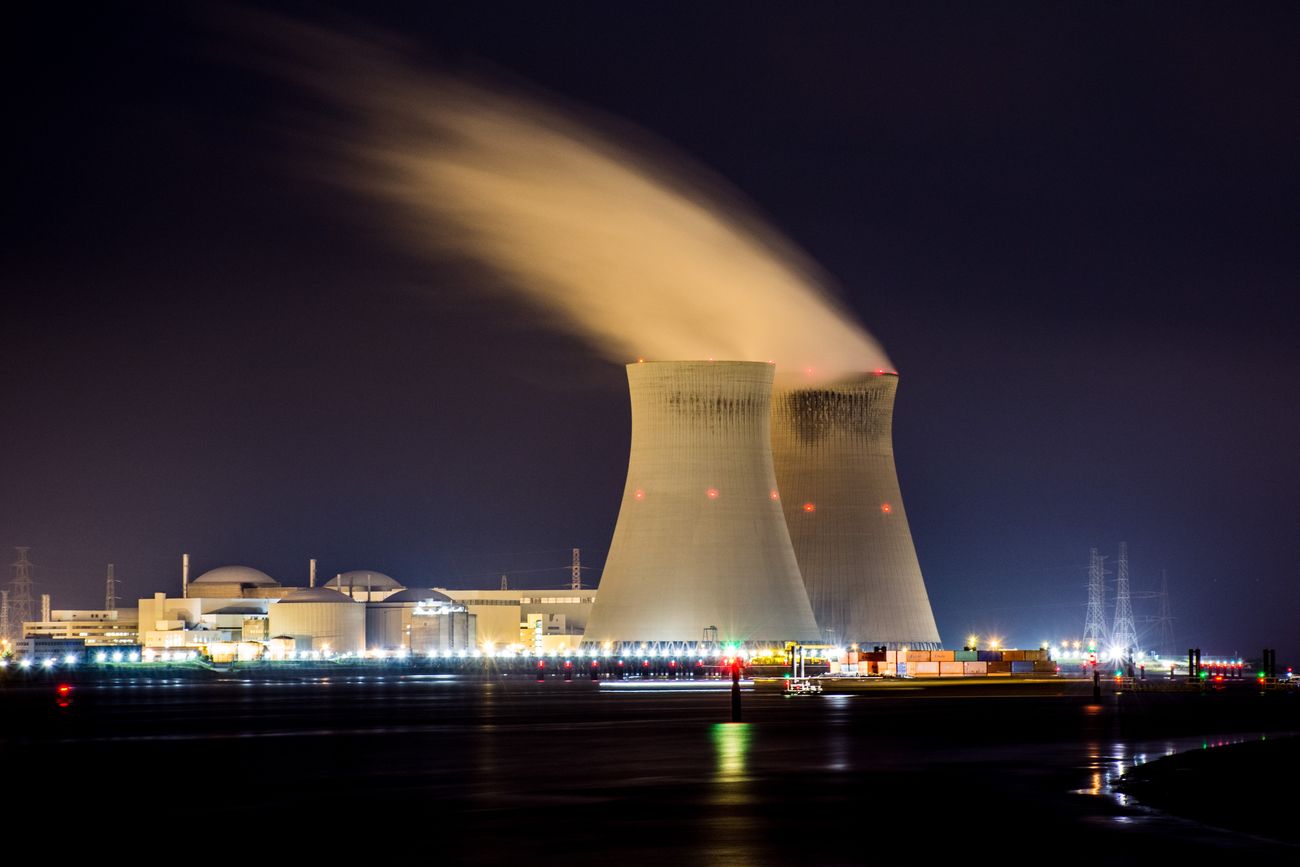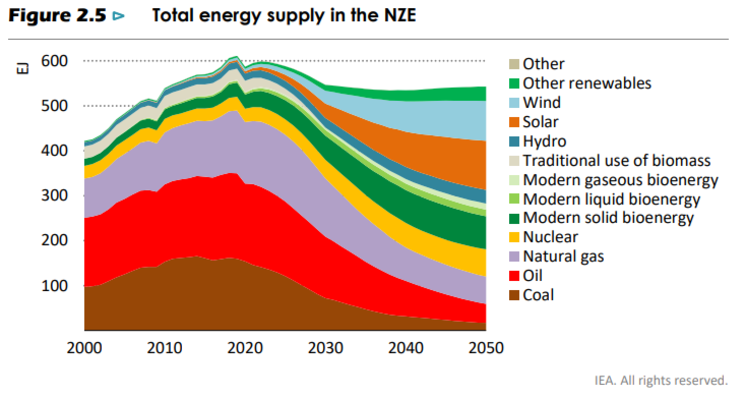Nuclear power: still a taboo subject?



There is now a renewed interest in nuclear power, after the Fukushima accident in 2011 cooled many countries’ commitment to the atom. Germany, Switzerland and Japan, among others, had announced a gradual phasing out of nuclear power. Ironically, for many political and economic players, this low-carbon source of electricity is becoming part of the solution to decarbonising our societies.
On October 12, President Macron publicly announced the relaunch of nuclear reactor construction with an investment of one billion euros (out of the 30 billion deployed under the French Energy Transition 2030 Plan). In addition to the need to massively reduce fossil fuel emissions, the argument of energy independence is also being raised. The same announcement was made in the UK where Boris Johnson declared his intention to fund the construction of a new power station as part of the “Net Zero Strategy”’ plan. The US is moving in the same direction with the Biden administration’s massive infrastructure plan, recently approved by Congress.
Germany, which is otherwise criticised for its coal-fired power plants, opposes this coalition of “pro-nuclear” European countries and refuses to allow nuclear energy to be considered a “green” activity under the EU’s new green taxonomy.[1]
Unless we adopt an economic model that advocates decreasing our consumption and production patterns, then electrification from renewables, hydropower and nuclear power remains the preferred way to achieve the Paris Agreement targets (maximum 2 °C of warming by 2050). In this scenario, the electrification needs, which are already substantial and difficult to meet at present, will become enormous by 2050 (two and a half times greater). To illustrate this point, electric vehicles will represent 60% of the automobile market in 2030, compared to 5% today.
Despite their many qualities, renewable energies alone will not fill the gap left by fossil fuels due to their intermittent nature and the difficulty of stockpiling them. In this respect, nuclear power is therefore considered as a serious contributor to the global electricity mix. In the International Energy Agency’s “net zero emissions” scenario[2], the share of nuclear power in global energy production is expected to at least double by 2050 (5% of the global mix in 2020), with renewables accounting for two-thirds and fossil fuels for the remaining 20%.
[1]The regulation aims to encourage investment in activities compatible with the EU’s “Net Zero Emissions” climate target.
[2]Net Zero by 2050 – A Roadmap for the Global Energy Sector: https://www.iea.org/reports/net-zero-by-2050
Ever since Chernobyl, concerns over the environmental impact of radioactive waste, the intensive use of water, uranium mining and its impact, and the health and safety risks for the populations living near nuclear power plants have been at the heart of reservations traditionally expressed by responsible investors. Another major factor is the exorbitant costs required to replace existing ageing power plants in accordance with current technological standards. Even today, nuclear power is on the list of exclusion criteria chosen by many responsible investors, both private and institutional, such as the pension fund of the State of Geneva.
However, this position could quickly change, due to both climate issues and recent technological developments. A new generation of smaller, cleaner, cheaper and safer reactors is emerging (Small Modular Reactors). France, the United States and the United Kingdom are involved in financing the development of SMRs alongside companies such as Nuscale Power, Rolls-Royce and EDF. Given their relatively low construction costs (compared to large plants), SMRs could also be of interest to developing countries.
Compared to renewable energies with constantly decreasing costs and unrivalled cleanliness, nuclear energy must be considered as second best. However, compared to fossil fuels such as coal, nuclear power seems to be making a comeback, even among some responsible investors, who are particularly concerned about decarbonising their portfolios.
This publication is prepared by Mirabaud. It is not intended to be distributed, disseminated, published or used in any jurisdiction where such distribution, dissemination, publication or use would be prohibited. It is not intended for people or entities to whom it would be illegal to send such publication.
Read more
Continue to
